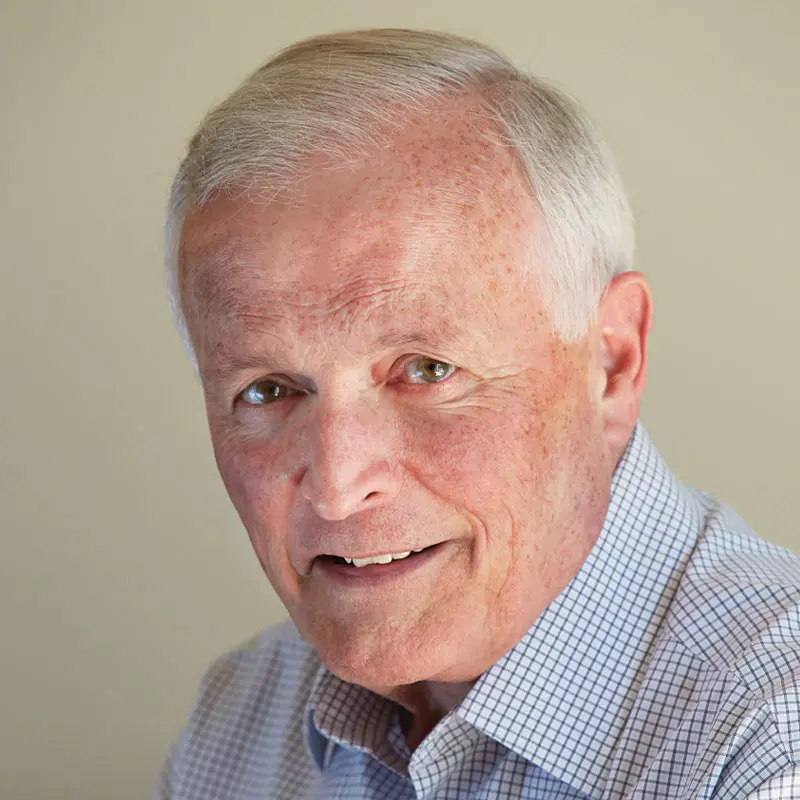We have all been thrown off balance by these past 20 months of pandemic lockdowns. Forced to isolate, we have lost our natural feel for face-to-face connections. Without theability to bring members together in district events, we have resorted to virtual contact, which has been valuable but clearly not as impactful.
To recapture the benefits of live district meetings, we have to rebuild our sense of what makes each district a unique and vibrant place for our members and prospective members.
In a recent webinar, Zita Cobb, the entrepreneurial founder of the Fogo Island Inn (see Travel story on page 28) community project in Newfoundland, talked about the importance of culture and place. Cobb commented, “Culture is very much a response to place. Culture is what we do in that place.”
Cobb mobilized the 2,000 residents of Fogo Island to create an asset-based community development project that has become globally recognized.
Now that we are slowly returning to local gatherings, there is a message in this Newfoundland project for RTOERO districts. It seems more important than ever that each district take stock of its unique local culture in order to engage current and new members.
For districts, continually redefining the local culture means answering key asset-based community development questions, such as:
- What do we know that is unique about our district?
- What do we love about our district and its members?
- What do we do in this district that creates a rich culture that promotes engagement?
This sense of “place” can be used on the district website, in retirement planning workshops, in annual meetings and on social media to deepen the engagement of both current and prospective members.
The 51 RTOERO districts are already following the asset-based example outlined by Cobb and others. They are working hard to successfully promote their unique culture as a means of attracting prospective members and building leadership succession plans.
What is unique about your district culture? I’d love to hear from you.
Best wishes,
Jim
